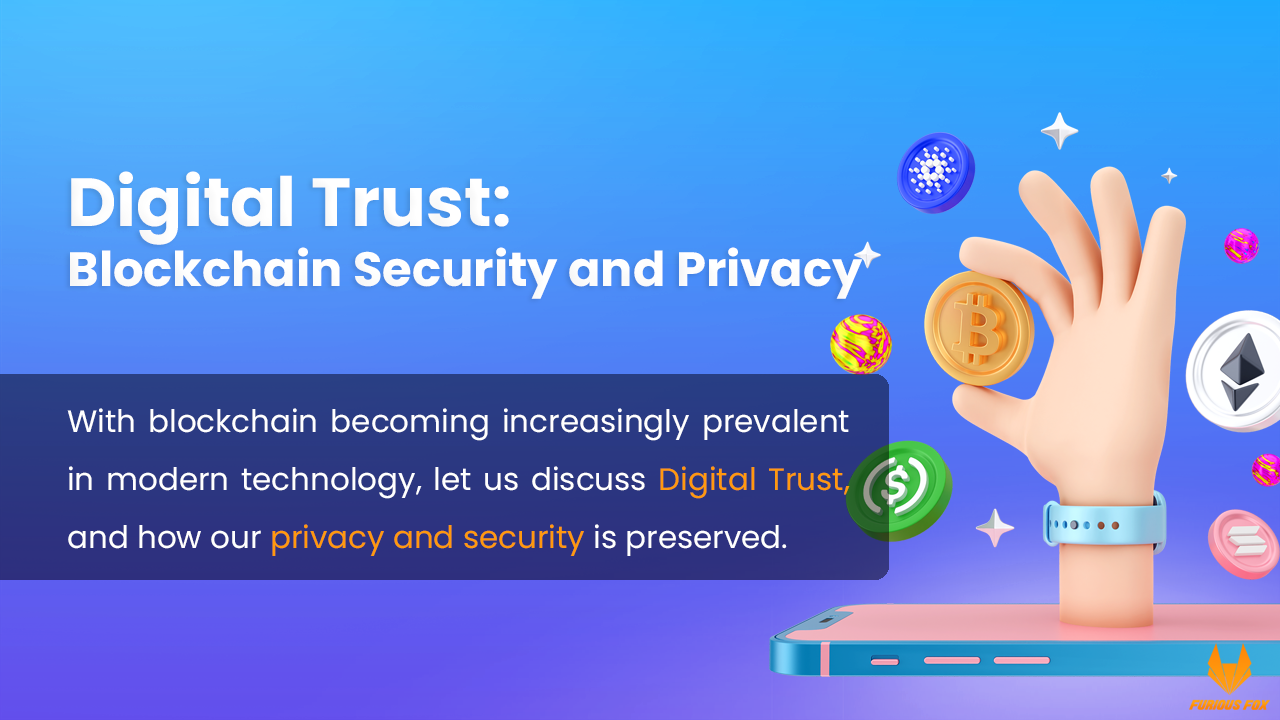
By far, the most significant economic impact of digital technology has been the massive erosion of transaction costs. Google, e-commerce, globally integrated supply chains, and social networks—all are manifestations of what is possible when the traditional barriers to search, contracting, auditing, restitution, comparison, and connection are removed.
In theory, digitization should facilitate small transactions among previously unrelated counterparties, but the lack of mutual trust limits that immense expansion of commerce.
Blockchains touted as the tech solution, address only part of the problem: the need for a trusted intermediary database. But it is end-to-end trustworthiness that matters to transactors. And that requires systemic engineering of trust across the entire value or supply chain, what is known as a digital trust network (DTN).
The shared, irrevocable, distributed ledger of a blockchain can address this challenge. And intermediaries sometimes extract monopoly rents, so a blockchain— owned by everybody and by nobody—is a means for existing counterparties to update their transactions technology without ceding economic hegemony to a third party.
The trust challenge is twofold: how to generate trust among parties, and how to manage transactions to minimize their need for trust or substitute for trust. There are a few key parameters which determine trust.
Perceived Reputation-at-Risk
This basis of trust requires a third party: the “audience” that will observe the current transaction and make inferences about the trustee’s behaviour. They will act on those inferences in future contexts; knowing this, the trustee is rationally motivated to present themselves as reliable to future potential counterparties. The current trustor, aware of this motivation, therefore trusts the trustee.
Attributed Norms
The trustor trusts based on the direct or indirect observation of the trustee’s behaviour as a member of a group characterized by particular norms or values. In principle, that trust can be established in three ways: by directly observing the trustee’s behaviour (independent of any group context); by relying on the testimony of others (Reputation-by-Hearsay); or by inferring the norms and values of a group and trusting someone— otherwise unknown—purely on the basis of their membership in it.
Empathy
Humans have a universal, instinctual propensity to trust one another. Trustees signal their intentions through body language, smiling, eye contact, tone of voice, mimicry, and so forth. These are largely unconscious and involuntary—“honest signals” (in the vernacular of evolutionary biology) that communicate reliable information.
Shared Identity
Shared Identity is trust premised on the trustor and trustee, both being members of an exclusionary group variously defined not only by norms and values, but by affiliation, shared experience, sympathy, and common interests, purpose, or enemies. Nations, military organizations, and business teams all reinforce this sense of shared identity through rituals, rites of initiation and passage, anthems, symbols, uniforms, and myths.
Relationship
The relationship is a combination of friendship, intimate mutual knowledge, a history of mutual favours, shared experiences, and common endeavours. Relationships are also crucial among corporations.
The economics of trust is key to the success and scalability of markets, organizations, and ecosystems. And the economics of trust increasingly determine the boundaries between these alternative modes of economic organization. A major frontier in trust technology is therefore to finesse this tradeoff: to enable useful insights based on the power of AI applied to aggregated data while preserving the privacy of individual data subjects.
Furious Fox is a web development agency in London providing intelligent and innovative solutions to all your technology needs. Our team of experts lets you leverage the current trends in technology to further your business. Contact our team of experts to know more.